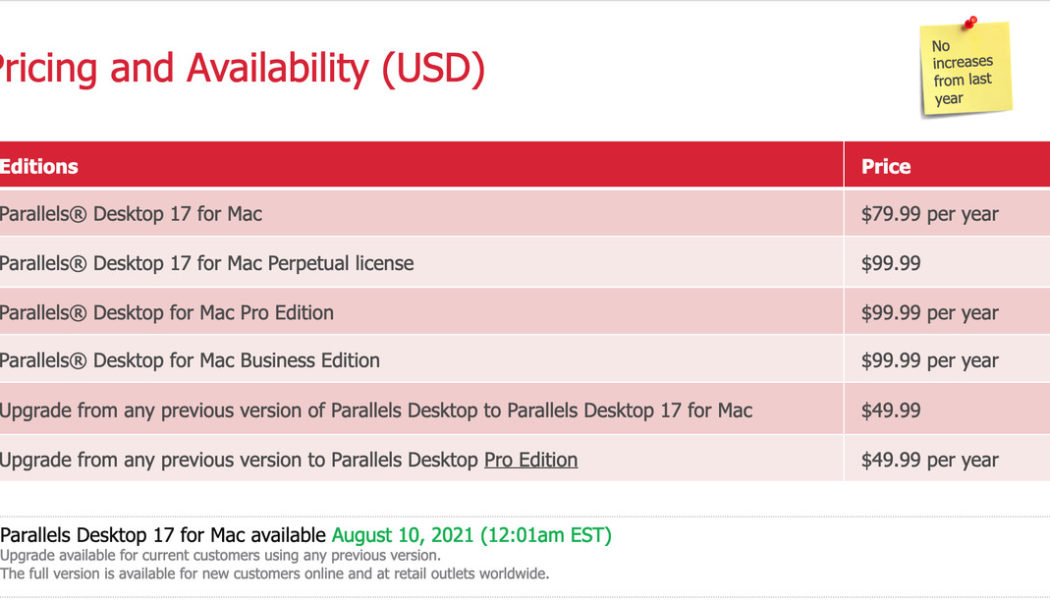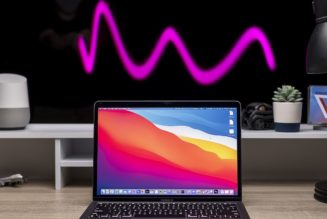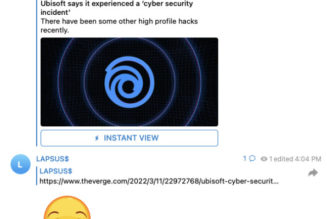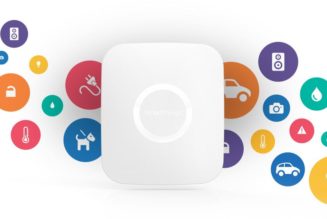Windows 11 is coming to Macs, even those without Boot Camp. Parallels Desktop 17 will allow Mac users to experience Microsoft’s next version of Windows in a window on their Mac desktop. Parallels supports both Intel and M1 Macs (though there’s a catch for those running Arm-based machines), and can even be used to run the Windows 11 preview for those who can’t wait.
The catch for M1 users is the same as when Parallels first added support for Apple’s latest machines — you’ll only be able to emulate Arm-based operating systems, which means you’ll be limited to Windows on Arm. While it does seem possible to install a Windows 11 preview for Arm machines, you’ll probably want to proceed with caution. Windows on Arm’s x86 emulation has been a bit of a rocky road, and the x64 app emulation is still a work in progress. Basically, if you’re looking to run a virtualized version of Windows on your M1, you’ll still have to deal with the same caveats that would come with running Windows on any other Arm machines.
While M1 users have to deal with Windows on Arm, they also get some performance improvements if they’re coming from Parallels 16: Parallels says that the new version will let M1 Macs get up to 28 percent better DirectX 11 performance, and up to 33 percent faster start times for Windows 10 on Arm Insider Preview VMs. This comes alongside the up to 25 percent faster 2D graphics and up to 6 times faster OpenGL performance that Parallels says will be coming to Windows VMs on all supported Macs, Intel and M1 alike. M1 users will also be able to use BitLocker and Secure Boot thanks to a virtualized TPM.
There are other under-the-hood improvements with Parallels 17 (for example, it’s now a universal app, which should make IT departments’ lives easier), and it’s also getting support for macOS Monterey — the virtualization software will be able to run on macOS 12 computers, as well as create virtual ones.
:no_upscale()/cdn.vox-cdn.com/uploads/chorus_asset/file/22772698/Pricing_and_Availability_Parallels_Desktop_17.png)
If you want the regular version of Parallels Desktop 17, you have the choice of getting a subscription for $79.99 a year, or a perpetual license for $99.99. If you had a perpetual license for a previous version of Parallels, you can upgrade to 17 for $49.99. There’s also Pro and Business editions that cost $99.99 a year. Parallels sells the software on its website, but before you plunk down any cash, it may be worth waiting until Windows 11 launches (potentially in October) to see how well it fares on Parallels — or if Windows 11 is even worth jumping to in the first place.








